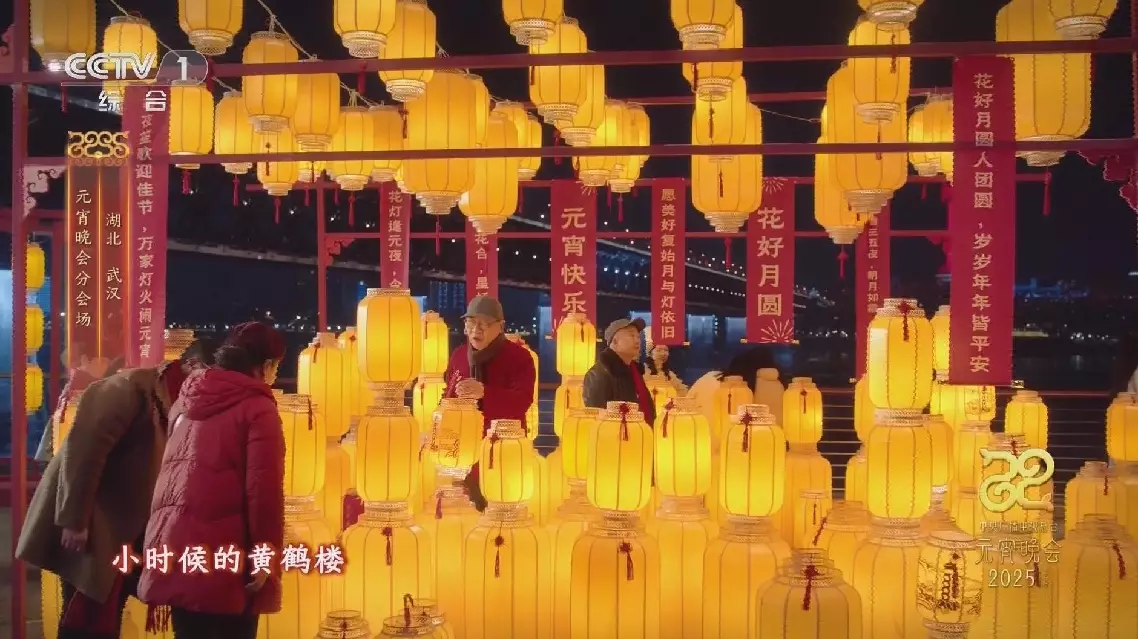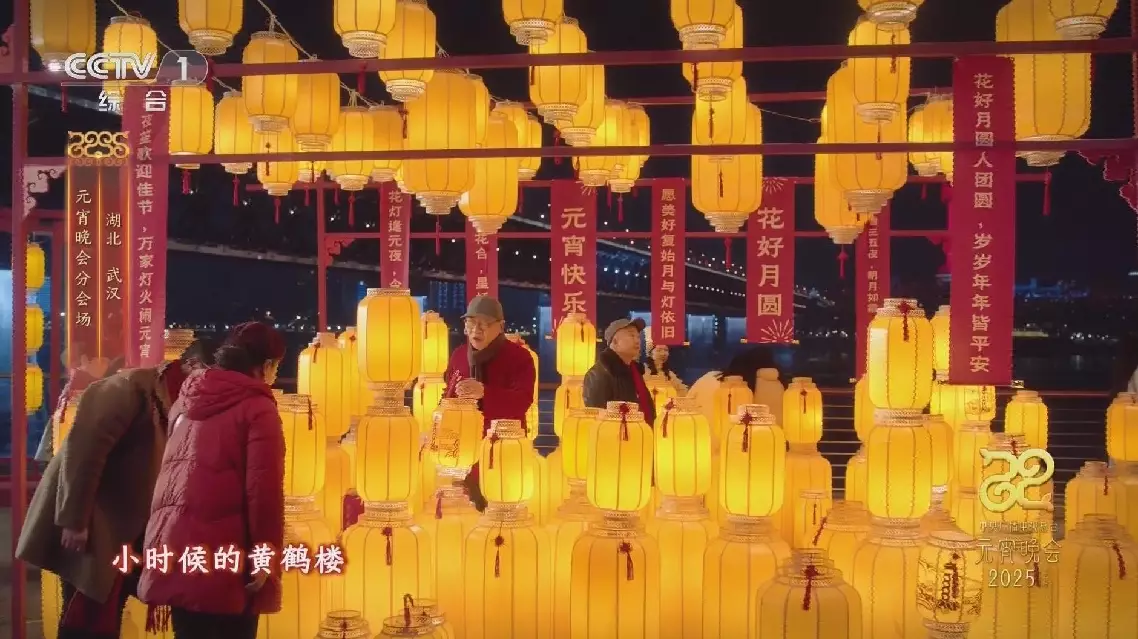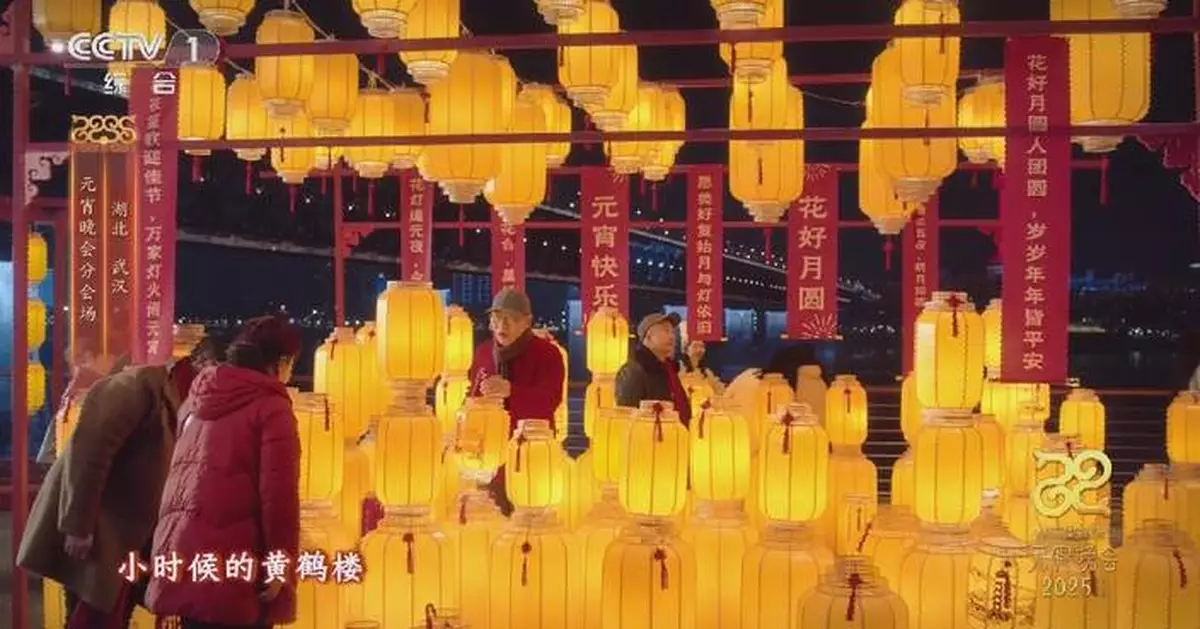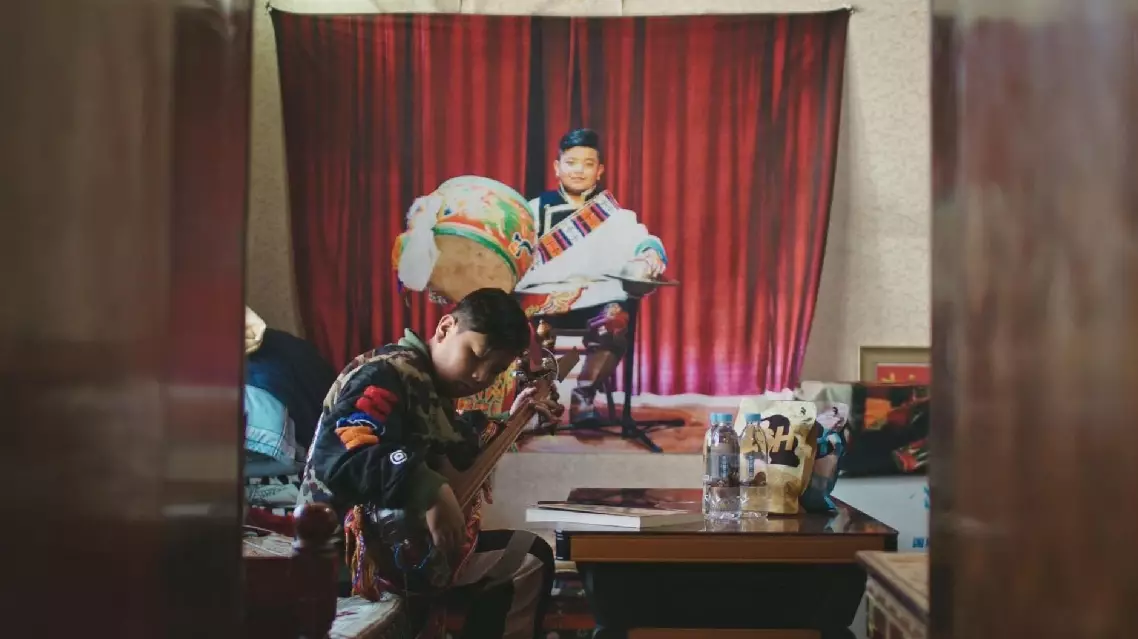The China Media Group (CMG)'s 2025 Lantern Festival Gala sought to spread the festive cheer on Wednesday night by featuring four sub-venues across the country, highlighting China's rich and diverse culture while showcasing the distinctive local characteristics of each location.
The gala boasted a star-studded lineup and delivered a high-tech visual-audio feast for viewers tuning in from around the world to celebrate the Lantern Festival, which landed on Wednesday this year.
First broadcast in 1985, this year's Lantern Festival Gala again staged a whole host of entertaining variety performances including energetic song and dances, comedy sketches, as well as traditional operas and magic shows, highlighting China's unique cultural charm.
In addition to the gala's main stage in Beijing, this year the four sub-venues included Wuhan in central China, the ancient city of Lhasa in the Xizang Autonomous Region, the historic water town of Wuxi in east China's Jiangsu Province, and the bustling southwestern metropolis of Chongqing.
The sub-venue in Wuhan depicted the city's bustling night-life and vibrant culture, with ferries sailing on the Yangtze River. The gala performance also offered a nostalgic throwback with a ballad performed by veteran local singer Feng Xiang and Steve Chou from China's Taiwan, which harked back to life by the riverside in Wuhan during the 1960s and 1970s with various distinctive elements synonymous with daily life in the city back then.
The Lhasa sub-venue's main stage, set up in front of the famous Potala Palace, offered a spectacular backdrop for the cultural showcase in one of the highest cities in the world. It featured a stunning display of traditional ethnic costumes in a grand fashion show with a rousing musical accompaniment, seamlessly blending intangible cultural heritage with folk traditions, combining both traditional and modern elements.
Known as an ancient water town that evolved into a modern city, the special gala segment in Wuxi saw its stage set up in the picturesque Jichang Garden, a classical Chinese garden built in the 16th century. This tranquil setting provided the perfect backdrop for a moving duet, as two singers harmonized under a giant full moon, one of the symbols of the Lantern Festival, with members of a Wuxi Opera troupe also appearing in their colorful costumes.
In Chongqing, the main stage was set up at the Danzishi Square, one of the best spots in the downtown area of Chongqing to enjoy the spectacular view of the Yangtze and Jialing rivers converging. With the impressive cityscape in the background, this area was turned into a vibrant and colorful lantern fair, with modern raps in the Chongqing dialect adding some spice to a city known for its hotpot and traditional folk songs sung by generations of boatmen also making a splash.
The Lantern Festival, observed on the 15th day of the first month of the Chinese lunar calendar, falls on Feb. 12 this year, and marks the conclusion of the country's Spring Festival celebrations, which center around the Chinese New Year.

Four sub-venues serve up rich cultural feast during 2025 Lantern Festival Gala

Four sub-venues serve up rich cultural feast during 2025 Lantern Festival Gala





















































